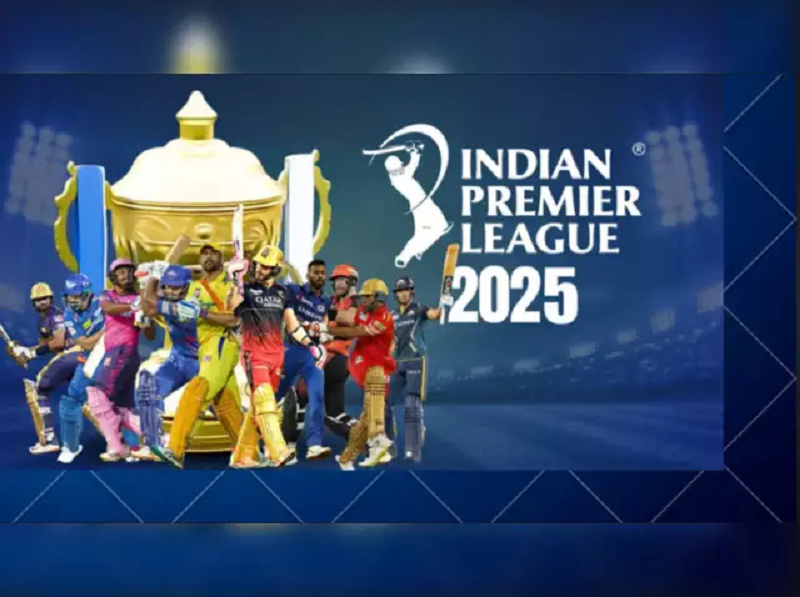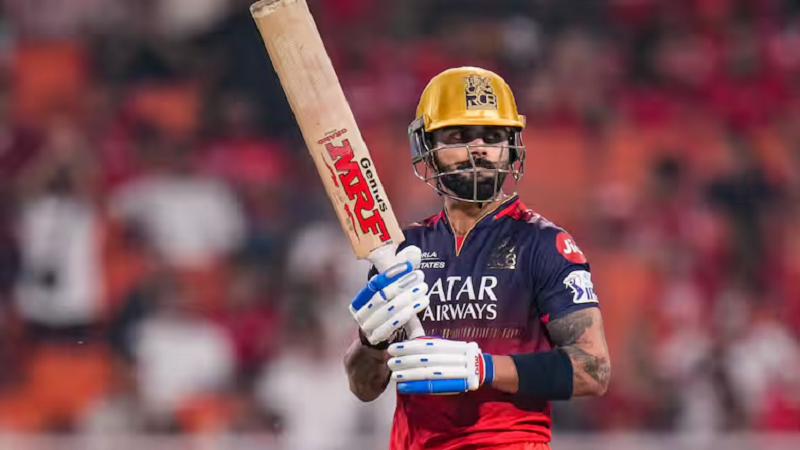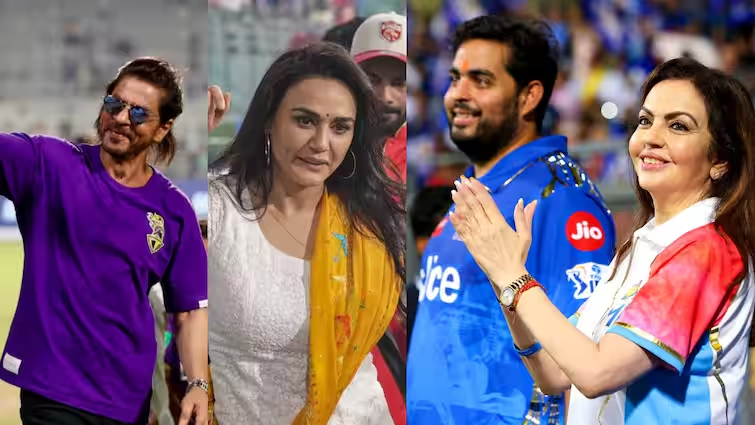These 4 new rules will give an extra dose of excitement in IPL 2025, the fourth one will stop the 'chaos'!
- byManasavi
- 22 Mar, 2025

The countdown for IPL 2025 has started. A few hours are left in this tournament starting from March 22. The first match will be played between Kolkata Knight Riders and Royal Challengers Bangalore at Eden Gardens.
IPL 2025 New Rules: The stage for IPL 2025 is set. On March 22, the first match of this 18th season will be played between Kolkata Knight Riders and Royal Challengers Bangalore at Eden Gardens. There will be a battle to win the trophy between 10 teams. On one hand, the teams of Mumbai Indians and Chennai Super Kings are eyeing their sixth title. At the same time, Delhi Capitals, Lucknow Super Giants, Punjab Kings, Royal Challengers Bangalore will be looking for their first title. BCCI has announced some new rules, which will add a tadka of excitement to the season. Let's know about those 4 rules.
Ban on use of saliva lifted
In IPL 2025, bowlers have been allowed to shine the ball using saliva. The use of saliva on the ball was banned after the COVID-19 pandemic. This is still in force in international cricket, but the BCCI has lifted this ban for IPL 2025. The move has been taken to allow bowlers to get some assistance through reverse swing after banging the ball all over the field last season.
Use of two balls to deal with dew
In the history of IPL over the past few years, many matches played in the evening have been affected due to dew, as bowlers find it difficult to grip the wet ball in the light. To deal with this, captains will be allowed to choose to change the ball after the tenth over of the second innings. The bowling team will be given a ball in the same condition and permission to change the ball will also depend on the discretion of the umpire.
No match ban for slow over-rate offences
Under the programme, which will start from IPL 2025, captains will no longer face bans for slow over-rate offences but will receive demerit points. Level 1 offences will see a deduction of 25 to 75 per cent of their match fees and demerit points that will accumulate for three years. Level 2 offences will attract four demerit points. Additionally, for every four demerit points, the match referee can impose a penalty, which can be up to a 100 per cent fine or additional demerit points. Demerit points can lead to match bans, but not for slow over-rate offences.
New technology will be used for wides and no balls
If a player uses DRS to review on-field wide and no-ball calls, Hawk-Eye and ball-tracking technology will be used to assist umpires in making accurate decisions. The IPL Governing Council proposed the use of DRS technology for both WPL (Women's Premier League) and IPL in 2023, becoming the first tournament in the world to do so. Let us tell you that there have been many arguments between players and umpires in IPL history regarding wide and no ball. In such a situation, it is expected that this new technology will bring transparency in decisions.






